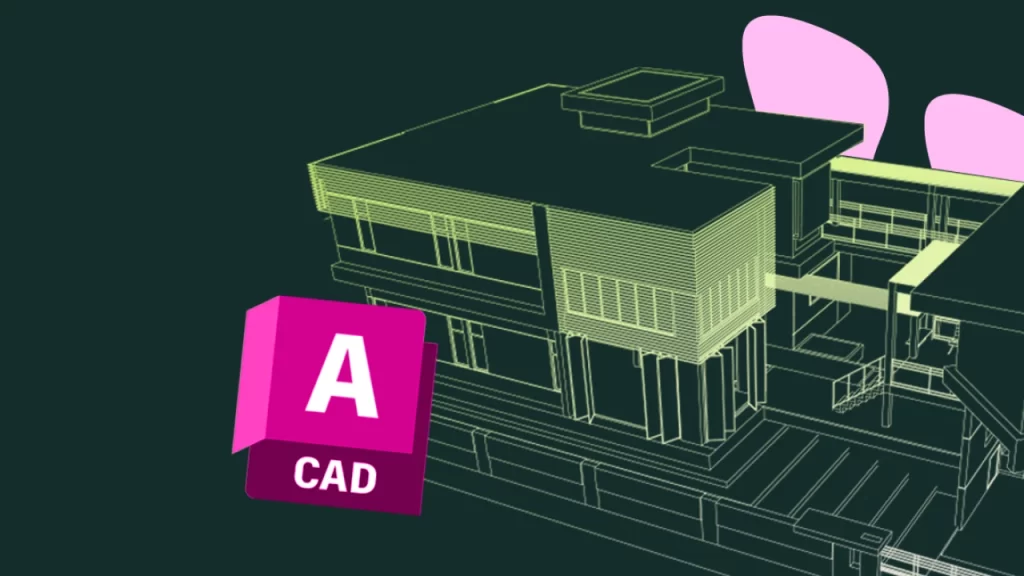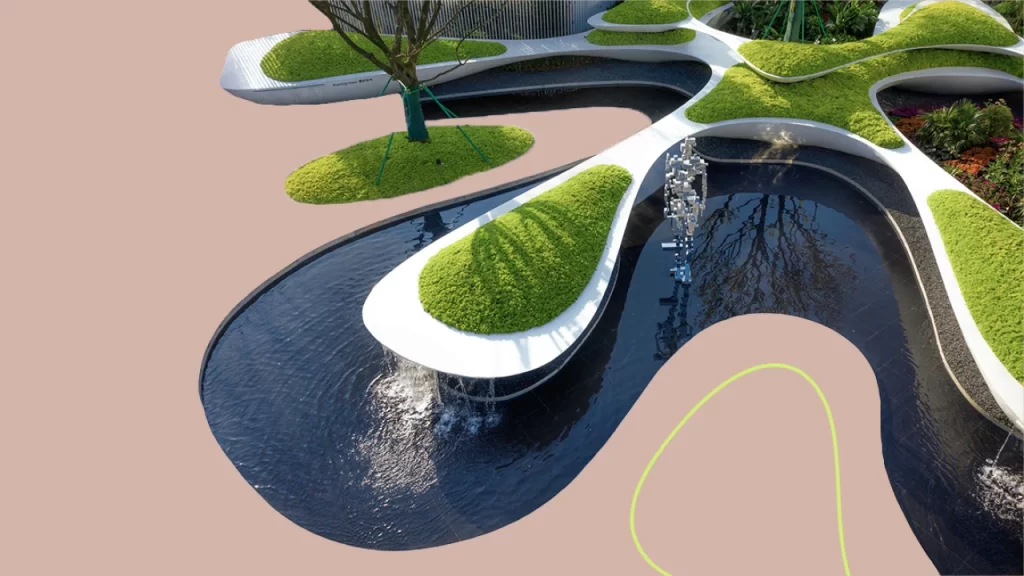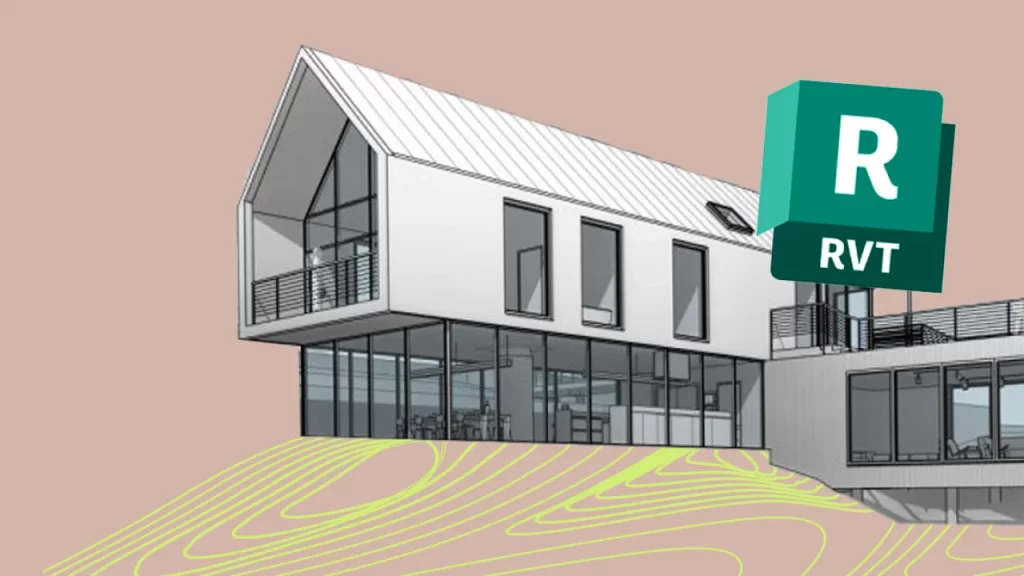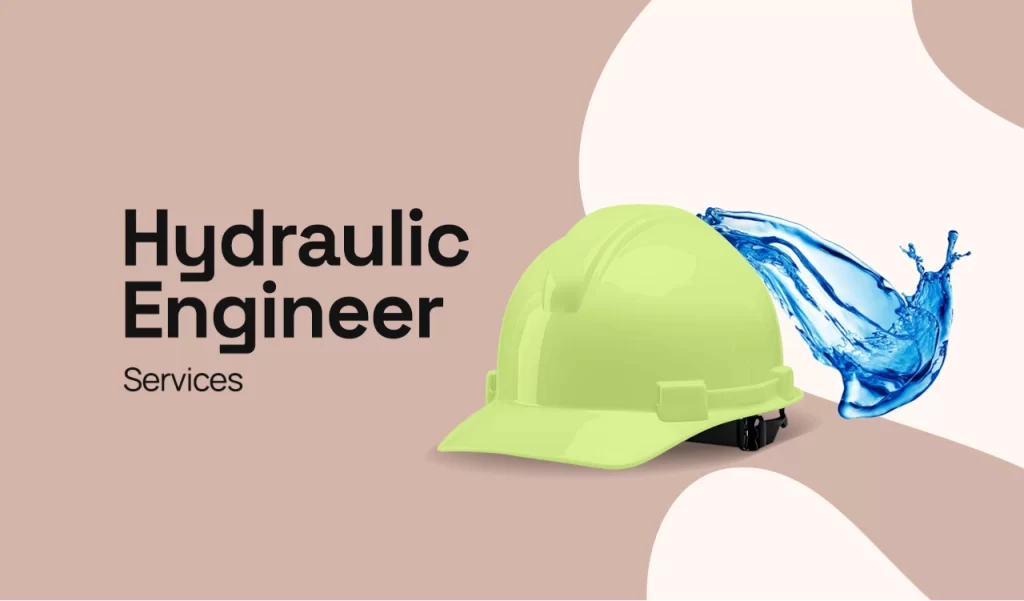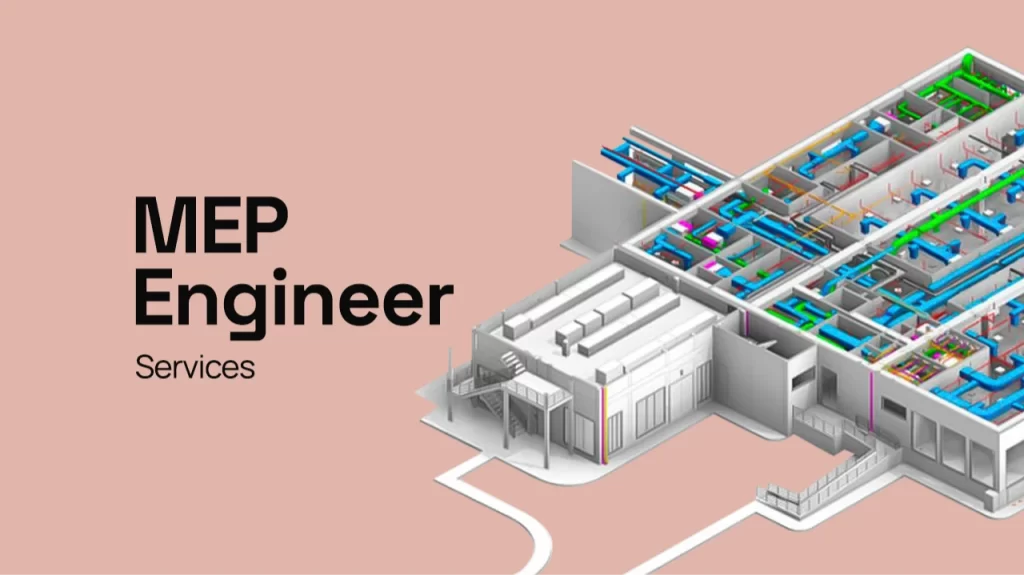MEP Engineer
and we’ve placed more than 600 professionals
and we’ve placed more than 400 professionals
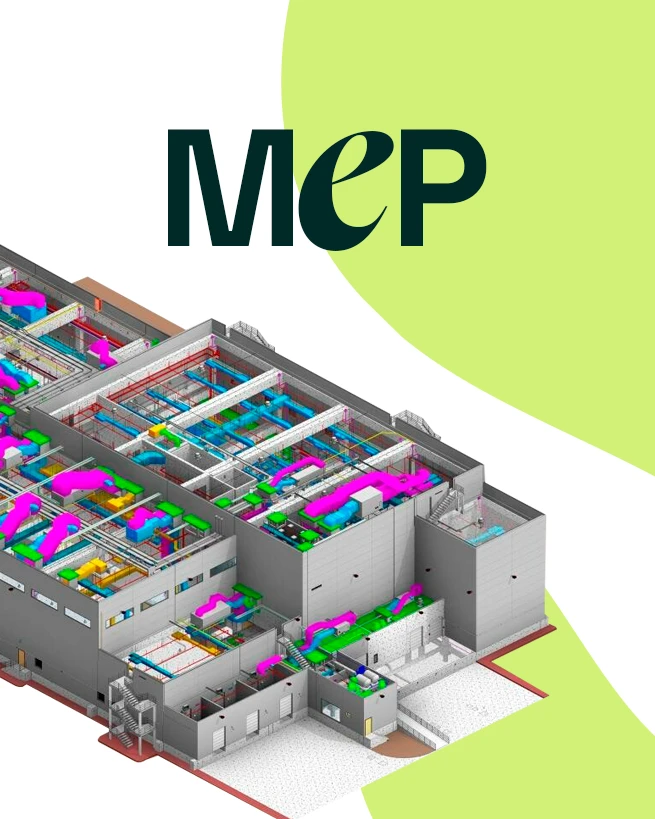
What is MEP Engineering?
In construction, MEP stands for the three crucial systems that make a building function: mechanical, electrical, and plumbing. A MEP Engineer is the mastermind behind these systems, applying their expertise in planning, designing, and managing them throughout a building’s life.
MEP engineering is the magic behind these systems. It’s the art and science of planning, designing, and overseeing them throughout a building’s life. MEP firms, also known as mechanical, electrical, and plumbing engineering consultants, play a vital role from start to finish. They offer expertise in decision-making, cost estimating, construction management, documentation, and building operation and maintenance.
Think of MEP systems as a building’s nervous system. They’re responsible for our “creature comforts,” ensuring a pleasant and livable space, whether cozy home or a towering skyscraper.
Without the well-designed solutions of MEP firms, buildings would be nothing more than shells. MEP engineers transform them into the comfortable spaces we all depend on. Just imagine your home without proper heating, lighting, or running water! That’s the difference MEP expertise makes.
What does M-E-P stand for?
M – Mechanical Systems: Imagine a cozy winter home or a cool summer office. That comfort comes from the building’s mechanical systems, designed by MEP engineers. These systems, especially heating and cooling, ensure our comfort regardless of the outdoor climate.
E – Electrical Systems: Have you ever wondered why the lights turn on when you flip a switch? That’s the power of electrical systems, another crucial element of MEP engineering. These systems keep our devices charged, lights illuminated, and power flowing throughout the building. Don’t forget architectural lighting design – it plays a vital role in creating a functional and aesthetically pleasing space.
P – Plumbing Systems: Clean water is essential for life; plumbing systems deliver it right to our taps. MEP engineers design these systems to provide fresh water for drinking, hygiene, and other uses. They also ensure proper disposal of wastewater, keeping our buildings safe and sanitary.
While MEP engineering is often used in large-scale projects like office buildings or hospitals, its expertise is valuable for any construction project, regardless of size.
Ready to build amazing structures?

Common MEP Engineering Services
The MEP umbrella covers a broad range of services, not all offered by every firm. While the biggest companies might boast the entire spectrum, most MEP engineering firms focus on a core set of services. They can then expand their offerings with specialized options like architectural lighting design, commissioning (ensuring systems function as intended), sustainability consulting, or energy management. This allows them to tailor their expertise to your project’s specific needs.
8 top services we offer:
Mechanical Engineering / HVAC Engineering
Electrical Engineering
Plumbing Engineering
Energy Management
Lighting Design
Communication Technologies
Commissioning
Sustainable Design
Modern engineering firms are embracing 3D modeling and a suite of digital tools to optimize their product development process.
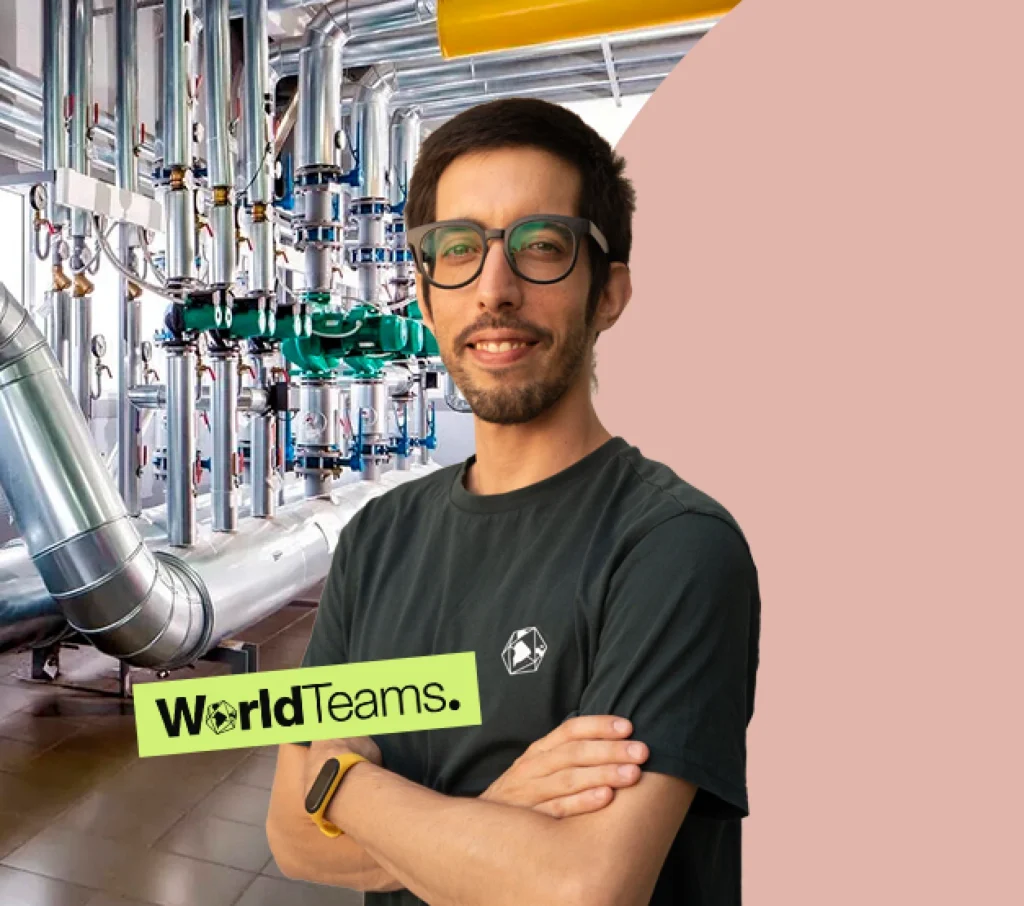
What does a MEP Engineer do?
MEP engineers are the masterminds behind the essential systems that make buildings functional and comfortable. They plan and design mechanical (M), electrical (E), and plumbing (P) systems for residential, commercial, and public spaces.
MEP designs are customized to each property’s unique needs, ensuring all the MEP features work seamlessly together. Whether it’s a cozy home, a bustling mall, or a state-of-the-art hospital, MEP systems create a comfortable and functional environment for everyone.
Imagine a life without reliable access to clean water, safe and efficient waste disposal, a comfortable temperature year-round thanks to working heating and cooling, and dependable electricity to power lights and appliances.
MEP engineers make these aspects of modern life possible. Their expertise extends beyond basic systems – they can also design and install specialized features like HVAC systems for optimal temperature control, fire alarm systems for safety, energy management systems for cost savings, rainwater harvesting systems for sustainability, and architectural lighting for aesthetics and functionality.
MEP engineers can even breathe new life into existing structures by repurposing them at an optimal cost. They can also recommend water and energy-saving upgrades to make buildings more eco-friendly.
In essence, MEP engineers are the silent heroes who ensure our buildings are comfortable, functional, and safe.
They generally work in the following industries:
1. Construction
2. Defense
3. Research and development
4. Information technology
5. Agriculture
6. Oil and gas
7. Manufacturing
What are the skills of a MEP Engineer?
Here are some key technical and soft skills for working effectively as an MEP engineer:
Communication skills
To ensure smooth sailing on construction projects, MEP engineers must be masters of communication. They work alongside a diverse team – clients, project managers, fellow engineers, technicians, contractors, and suppliers. By excelling in verbal, written, and listening skills, MEP engineer can clearly convey ideas, actively listen to feedback, and understandably explain technical concepts. This collaborative approach fosters information exchange, welcomes suggestions, facilitates effective planning, and solves problems together.
Collaboration skills
MEP engineers are team players at heart. Their success hinges on collaboration with project managers, technicians, other engineers, and various specialists – from service providers and vendors to manufacturers. Strong collaboration skills are key to building trust and fostering a shared focus on achieving the project’s goals.
Analytical skills
MEP engineers are critical thinkers who wear an analytical hat. They meticulously examine design plans for HVAC, electrical, and plumbing systems, ensuring everything aligns with site constraints, client needs, and government regulations. Their keen eye helps them identify and address any potential flaws in the design, constantly seeking improvements for optimal functionality. This analytical prowess extends to the construction phase, where they monitor each step to guarantee the project stays on track and meets deadlines.
Mathematical skills
From the fundamentals of arithmetic to advanced concepts like calculus, a strong mathematical toolbox is essential for MEP engineers. They use these skills to design MEP systems precisely, optimize system performance through adjustments, and accurately estimate project budgets and timelines. In short, math is the language MEP engineers use to translate ideas into reality.
Software literacy
Modern MEP engineers are masters of both the physical and digital world. Proficiency in computer-aided design (CAD) and computer-aided engineering (CAE) software is a must-have. Tools like Autodesk Revit, AutoCAD, MATLAB, and Simulink act as their digital toolbox, allowing them to create detailed 2D and 3D models of MEP systems. These digital models streamline the installation process and enable efficient digital rendering. This translates to faster project completion times and the flexibility to modify swiftly as needed. MEP engineers leverage these digital tools to design, optimize, and build efficient building systems
MEP system knowledge
In-depth knowledge of MEP systems is the foundation of an MEP engineer’s success. This expertise allows them to excel across the board – from design and installation to insightful consulting services. For instance, designing HVAC systems requires mastering air distribution, exhaust systems, process piping, and even integrating renewable energy sources. Electrical systems involve understanding various supply systems’ power distribution and ensuring reliable backup power. Plumbing knowledge encompasses traditional hot and cold water systems, water softening, storm drain design, and safe gas piping. MEP engineers are the walking encyclopedias of building systems, ensuring everything functions smoothly and efficiently.
Expertise & Value of Partnering with WorldTeams
We believe in the power of collaboration. By partnering with our hydraulic engineers, you gain access to:
Unmatched Expertise
Our team’s extensive experience ensures you receive the best possible solutions tailored to your specific needs.
Innovative Solutions
We push the boundaries of hydraulic engineering, constantly seeking out new technologies and approaches to optimize your project.
Cost-Effective Strategies
We prioritize efficiency and value, ensuring your project delivers optimal results within budget.
Sustainable Practices
Environmental responsibility is a core value. Our engineers design solutions that minimize environmental impact while maximizing resource utilization.
Understanding the Bigger Picture
Hydraulic engineering plays a vital role within the broader field of water resources engineering. While hydraulic engineering focuses on applying fluid mechanics to water flow in specific systems, water resources engineering takes a more comprehensive view.
Here’s how they work together:
Water Resources Engineering
This field takes a holistic approach, studying the entire water cycle – how water moves between the atmosphere, land, and oceans. This knowledge is crucial for managing our water resources sustainably.
Hydraulic Engineering
Our hydraulic engineers leverage their expertise in fluid mechanics to design and optimize systems that utilize or manage water flow. This includes projects like designing dams, managing waterways, and mitigating flood risks.
Why WorldTeams
Partnering with WorldTeams offers many benefits, making it the optimal choice for businesses seeking top-notch professional services. Here’s why:
In essence, partnering with WorldTeams offers a unique blend of access to top talent, affordability, efficiency, personalized support, and quality assurance, making it the ultimate choice for businesses looking to thrive in today’s competitive landscape. Reach out for a free consultation today, and let’s build amazing things together!

